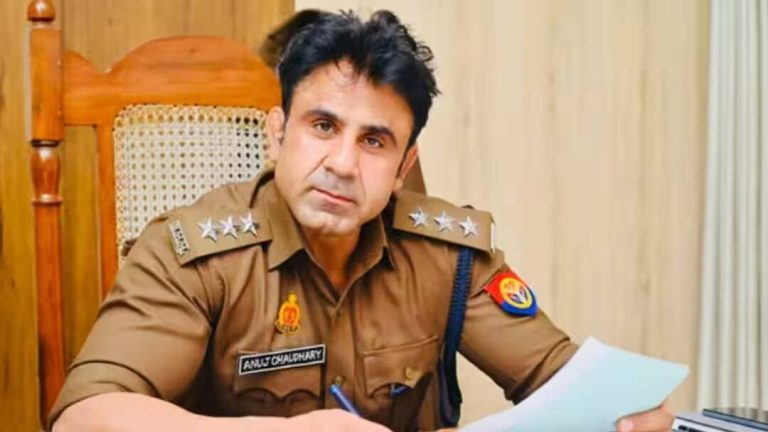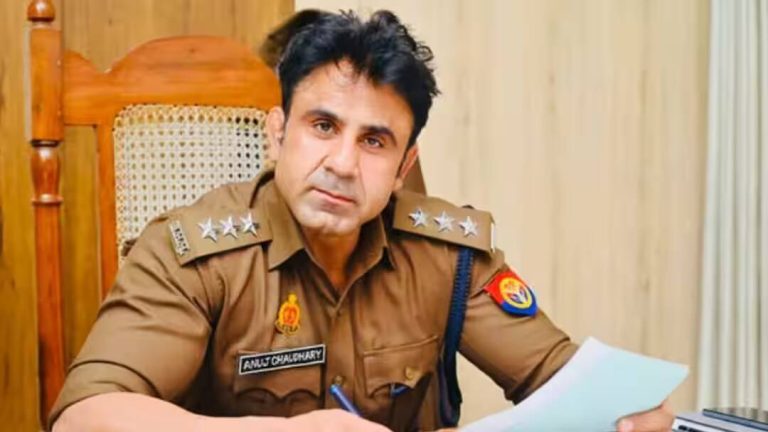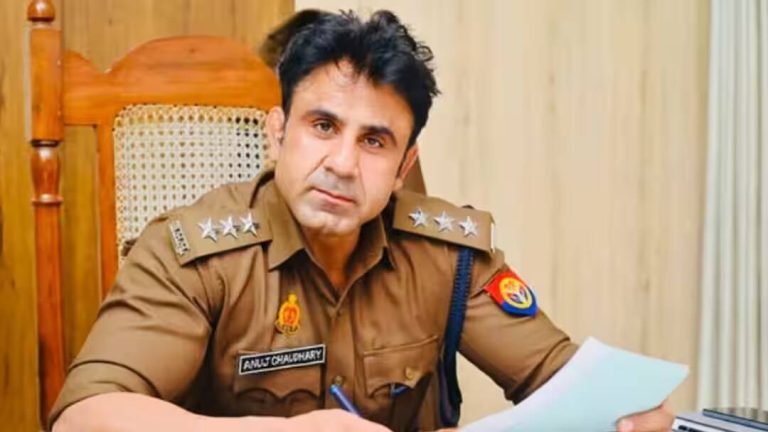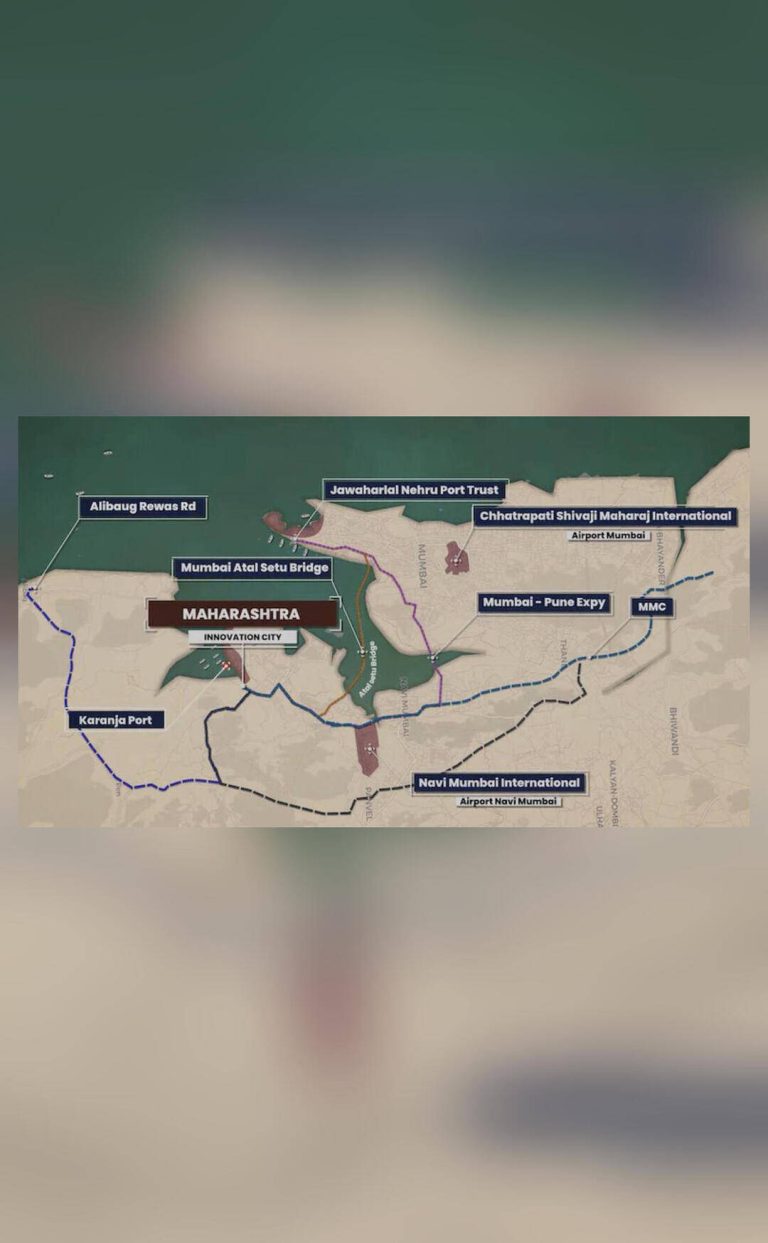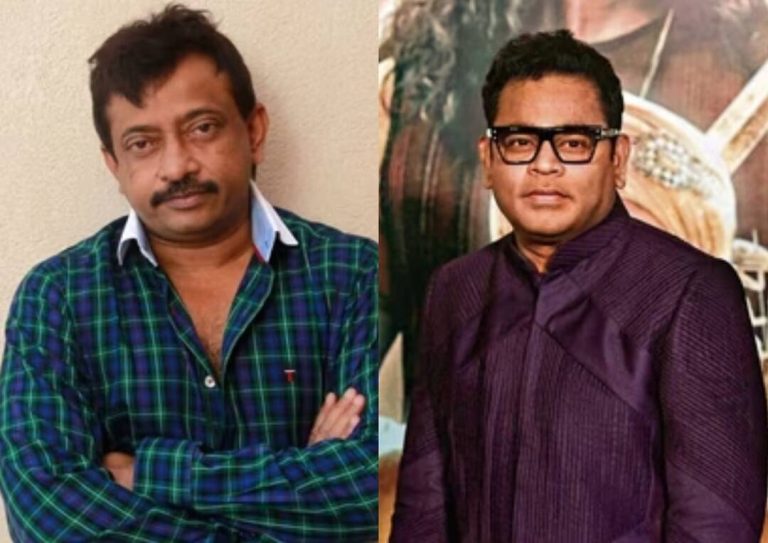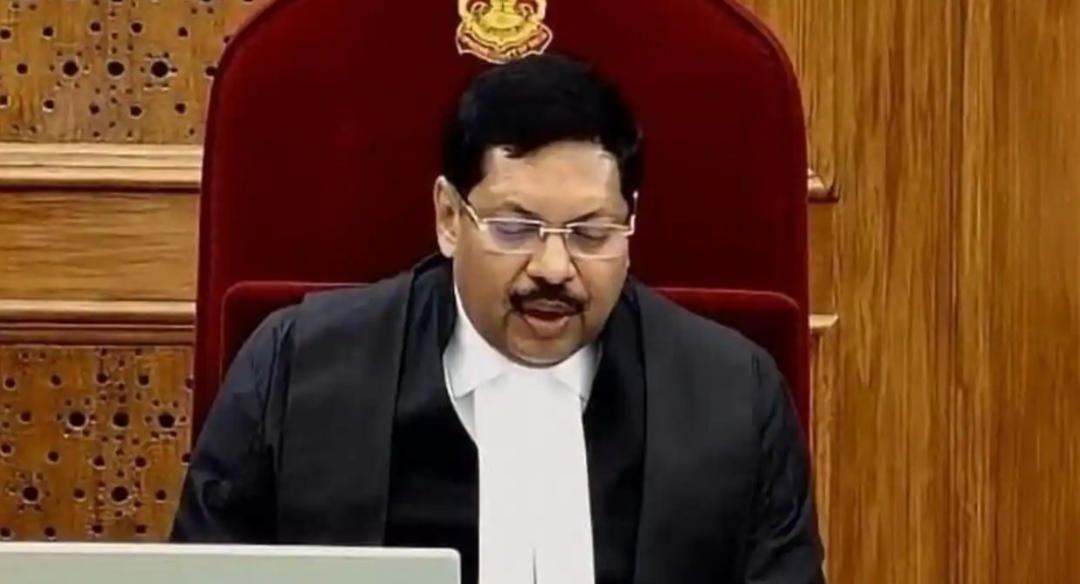
Passing ‘bulldozer order’ was my most important one: CJI Gavai
In a significant statement, Chief Justice of India (CJI) BR Gavai has termed his judgement against “bulldozer justice” as the most important one of his tenure. The CJI’s remarks come at a time when the concept of “bulldozer justice” has been a topic of debate in the country. The term refers to the practice of demolishing the houses of individuals accused or convicted of crimes, often without due process or fair trial.
Speaking on the matter, CJI Gavai expressed his concerns about the implications of such a practice. “How can a house be demolished just because a person is accused of a crime or convicted of it?” he asked. The CJI’s question highlights the importance of upholding the principles of justice and ensuring that the rights of individuals are protected. The demolition of a person’s house can have severe consequences, including leaving their family members homeless and without a means of livelihood.
The CJI’s judgement against “bulldozer justice” is a significant milestone in the country’s legal history. It emphasizes the need for the judiciary to protect the rights of individuals and ensure that the rule of law is upheld. The judgement also underscores the importance of due process and fair trial in the administration of justice.
CJI Gavai’s tenure as the Chief Justice of India has been marked by several significant judgements and orders. However, his judgement against “bulldozer justice” is likely to be remembered as one of the most important ones. The CJI’s commitment to upholding the principles of justice and protecting the rights of individuals has been evident throughout his tenure.
As CJI Gavai prepares to retire on November 23, his legacy as a champion of justice and human rights is likely to be remembered for a long time. He will be succeeded by CJI-designate Justice Surya Kant, who will take over as the new Chief Justice of India on November 24. Justice Kant has a reputation for being a fair and impartial judge, and his tenure as CJI is likely to be marked by significant developments in the country’s legal landscape.
The concept of “bulldozer justice” has been criticized by many as a form of collective punishment, where the family members of an accused or convicted person are punished along with the individual. The practice has been used in several states, including Uttar Pradesh and Madhya Pradesh, where the houses of individuals accused of crimes such as rioting and terrorism have been demolished.
However, the practice has been challenged in court, with many arguing that it violates the principles of justice and human rights. The judiciary has played a crucial role in checking the excesses of the executive and ensuring that the rights of individuals are protected.
In recent years, the judiciary has been at the forefront of protecting human rights and promoting social justice. The Supreme Court has delivered several landmark judgements, including the one on “bulldozer justice”, which have helped to promote the rule of law and protect the rights of marginalized communities.
The retirement of CJI Gavai and the succession of Justice Kant as the new CJI are likely to mark a new era in the country’s legal history. The judiciary is expected to continue playing a vital role in promoting social justice and protecting human rights. As the country moves forward, it is essential that the principles of justice and the rule of law are upheld, and the rights of individuals are protected.
In conclusion, CJI Gavai’s judgement against “bulldozer justice” is a significant milestone in the country’s legal history. The CJI’s commitment to upholding the principles of justice and protecting the rights of individuals has been evident throughout his tenure. As the country looks to the future, it is essential that the judiciary continues to play a vital role in promoting social justice and protecting human rights.
News Source: https://www.newsbytesapp.com/news/india/order-against-bulldozer-justice-was-my-most-important-cji-gavai/story
